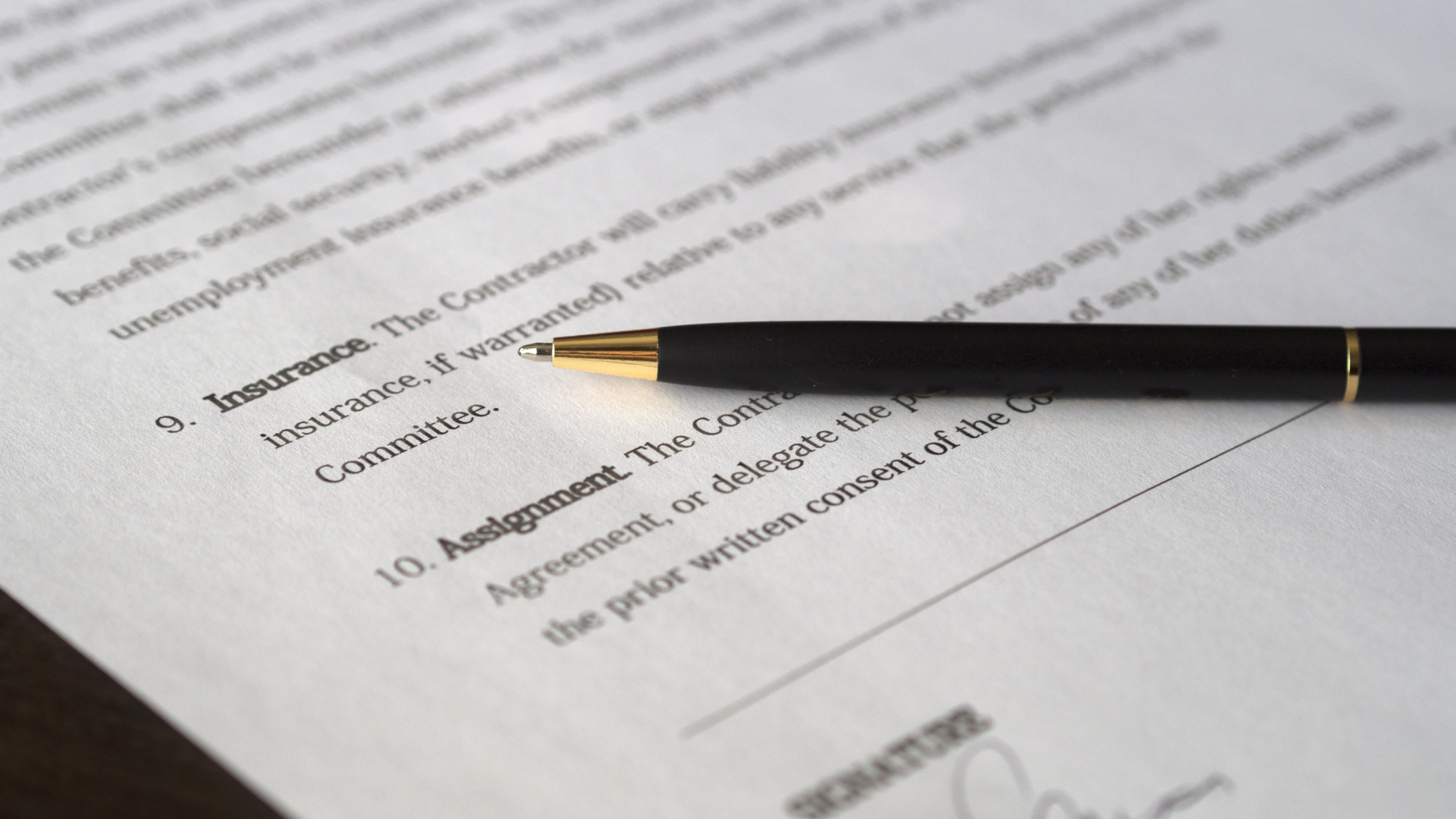
The great resignation: Trends and tips for job switching in 2022
As of 2022, the Covid-19 pandemic continues to affect the labour economy. Although the impact is less than previous years, it’s still a nerve-wracking time for those resigning right now; especially with companies being cautious, and tight with payroll. Here are some trends and tips to get you through it:
1. The biggest number of openings have been in construction, services, transport, and education

According to government sources, these industries have seen the largest surge during the pandemic. Construction, in particular, is facing a severe labour shortage; about two-thirds of new HDB projects, for example, will see some kind of delay due to Covid.
The services industry is the next up-and-comer, as Singapore slowly recovers. This can include anything from retail assistance, to marketing and sales. The finance sector, in particular, is always looking: Covid-19 has reshaped the way we think of healthcare, and gotten more locals thinking carefully about insurance and stable investments. Midcareer has opportunities for you in this field.
2. Nursing and IT continue to see labour shortages

Since 2020, there has been a shortage of workers in the fields of nursing, and IT. This is almost certain to continue, as both are essential services during the Covid-19 crisis.
Hospitals have a shortage of nursing staff, due to the pandemic. Also, most nurses are foreign workers. As Covid-19 impedes easy air travel, more local workers are urgently needed.
With regard to IT, the pandemic has increased reliance on digital services; from food delivery apps, to online shopping, streaming, and gaming. More Singaporeans are also relying on video conferencing and Work from Home tools, which makes IT support essential.
3. It’s time to develop remote working skills

Whatever new company you may be joining, there’s a good chance you’ll be in a Work from Home situation. This has become the de facto arrangement for an increasing number of employers; and it may well continue for years after that.
Remote working is quite different from a traditional office setting. It means developing skills such as:
- Better written communication, for your texts and emails
- Proper time management, so you don’t get distracted at home
- Higher degree of self-motivation, as you need to do your best with no one supervising you
Forbes has identified some of these as the key skills in the future of work, which is likely by remote working, and a more decentralised work force.
These are also common skills among the successfully self-employed. Many freelancers, commissioned sales people, or business owners already had to develop these skills, even before the pandemic – they can be a useful source to get tips and strategies from.
4. Think in terms of skills, not job roles

Singapore employers now focus on what skills you have, not your previous job roles or “background”.
For example, if you learn how to code, or you can market products via social media, you will likely be picked up for those skills; even if your previous job was in something totally unrelated, like accounts or F&B.
This is a cue to do two things for 2022:
The first is to take active steps to upskill, such as with your Workforce Skills Qualification credits. Check out the points above, to decide which skills to focus on.
The second is to revise your resume and CV: emphasise what you know how to do, rather than what you used to work as.
5. Don’t burn bridges when resigning

2022 might be a volatile year, with the pandemic still raging. Also, networking may be vital in such times – you never know when a former colleague or boss may still be of help.
As such, aim to resign on a good note. Don’t abruptly abandon projects, or leave with unresolved disputes. Your old company may be the one providing an important reference that lands you your new job.
If you’re planning to be self-employed, it’s important to stay in touch with your old employers as well. This is a good way to find prospective clients (in future your old employer may be your client), and stay updated on the industry.
There’s no benefit to leaving on a sour note.
6. Check for healthcare and related benefits; don’t just look at the pay cheque

Covid-19 has highlighted the need for healthcare, and the impact of being unable to work. Singaporeans have now grown a bit wiser, and many are careful to check for benefits like group insurance.
Some employers have insurance provisions that are so extensive, they include dental care, or even ongoing treatments like dialysis (should you be afflicted while working for them). Between two companies that pay about the same wages, the one with better healthcare is the better choice.
Of course, this doesn’t mean you should be without your own health insurance. Do make sure you’re sufficiently covered, especially for interim periods when you’re looking for new work.
7. Ensure you have sufficient savings for the interim

Even if you have other income sources, it’s best to avoid living month-to-month with no savings; especially with Covid-19. You never know if your income source might be affected.
For example, if you rent out your flat for income, you don’t know if your tenant may need to go home due to the pandemic (and how quickly you can find a new tenant in this environment).
As such, it’s advisable to save up at least six months of your expenses, before you turn in your letter of resignation.
Do this even if you’ve signed the offer letter for a new job. This is just in case of any last-minute emergencies (e.g., if your new employer is in F&B, and a sudden policy change requires them to close branches, you may be out of a job again).
8. Think in terms of skills, not job roles

Don’t make decisions based on “gut feel”, when picking a new employer. It can also be stressful, if you go job hunting without a plan. Before getting started, be clear on requirements like:
- Minimum income required (your monthly expenses should amount to no more than 30 percent of the monthly income, excluding employers’ CPF contributions)
- Work-life balance requirements, such as requiring Work from Home or flexible hours
- Travel requirements, such as if you need to travel abroad. You may not want to take such risks during the pandemic
- Benefits besides pay, such as health insurance (see point 6)
Having a clear plan makes it easier to shortlist potential employers.
9. Check on the employers’ reasons and plans for you

Why is the employer hiring you?
The worst answer would be: “Because of Covid-19, we need replacements”. If the sole reason for hiring you is the pandemic, that reduces you to being a stopgap measure. It could mean they have no long-term plans for you, or may even be looking to replace you eventually.
Likewise, due to the pandemic, some companies may “hire to fire”. An example of this is the delivery industry , where companies hire more workers due to the increased need for package handling (more people shop online during Covid). They may not care much who they hire, because they intend to terminate the extra staff once the situation normalizes.
These are legitimate concerns, if you’re resigning from your current job to join them. As such, try to select an employer who is willing to provide proper mentorship and training; and has long term plans to grow you and actualize your potential.
If you’re looking for a better, long-term job opportunities with work life balance, reach out to us at Midcareers.sg. We help Singaporeans find better jobs, at whatever point they may be in their working life.
Career Fit Tool
Complete the Enneagram test and receive your personalised report @S$20 from our veterans.

